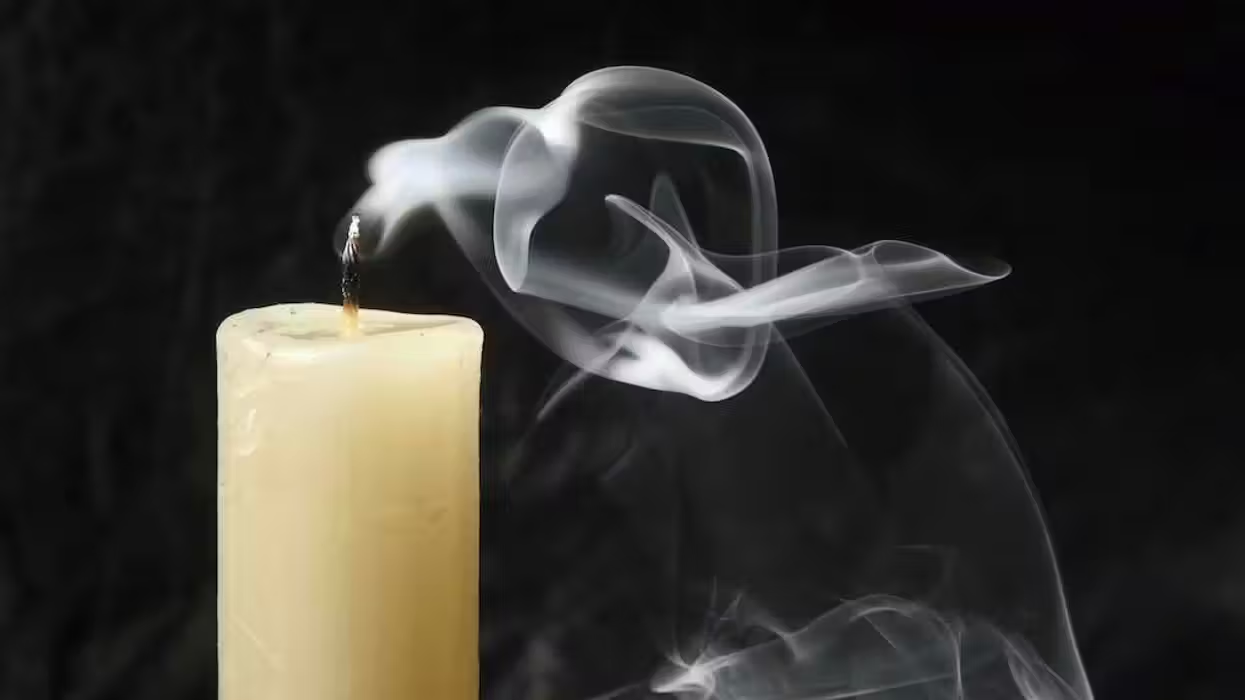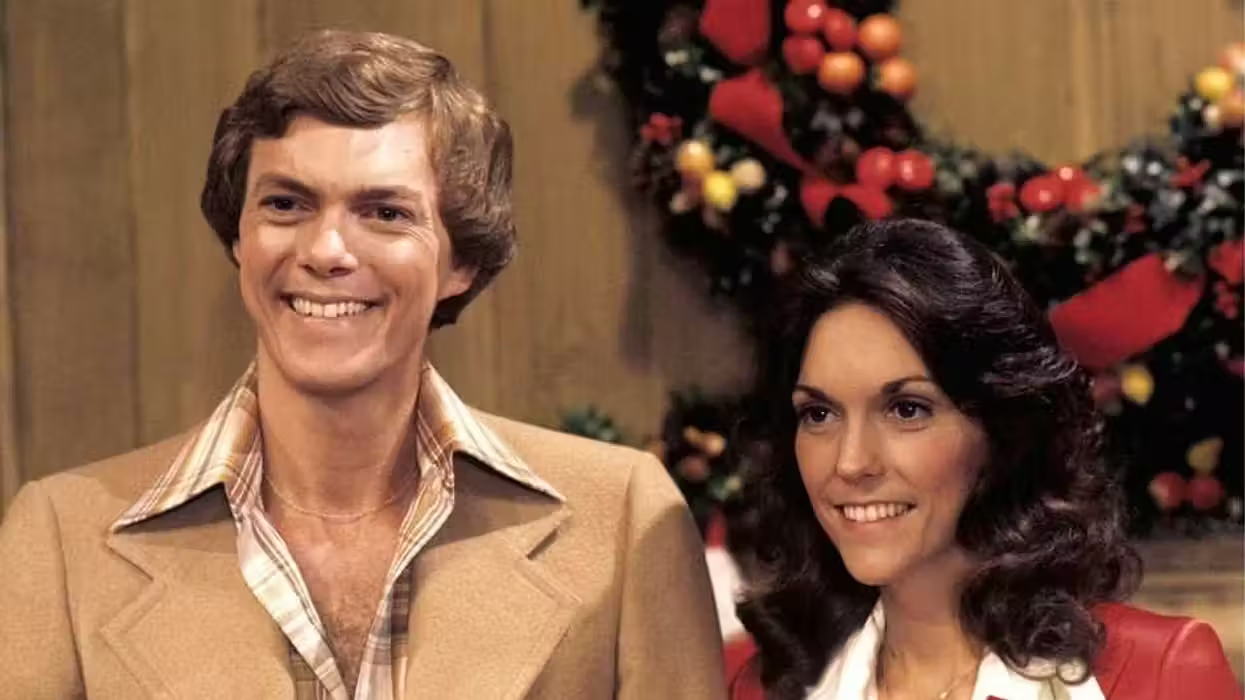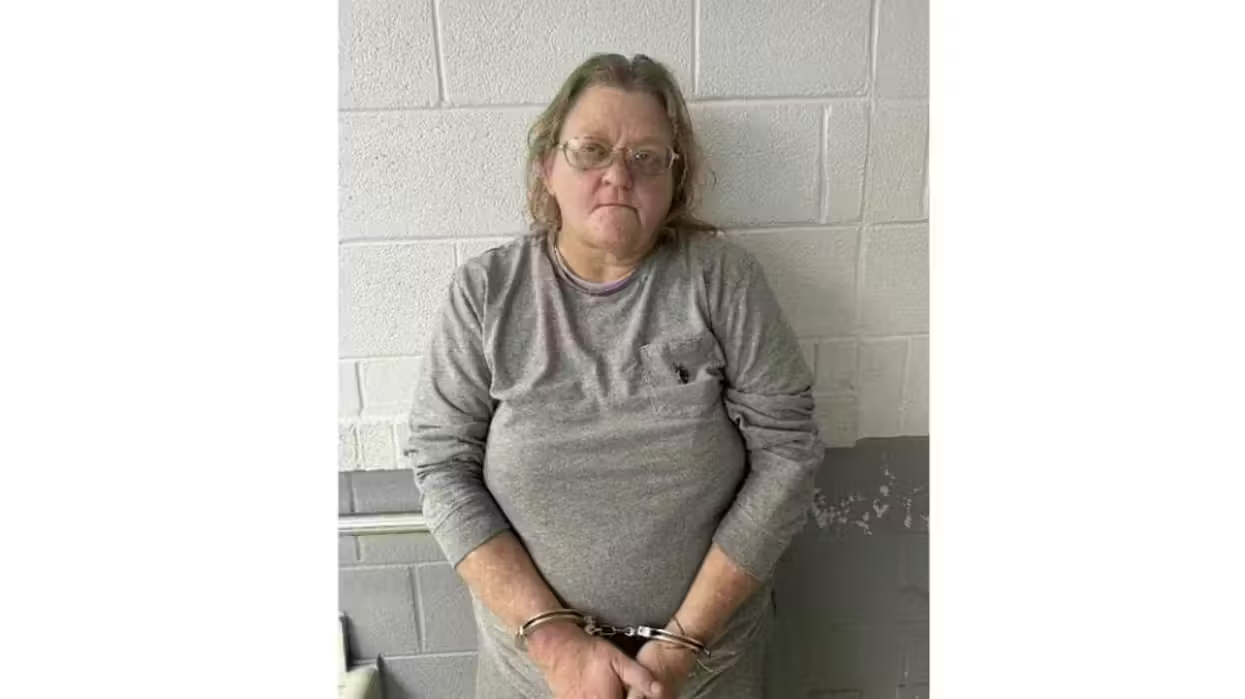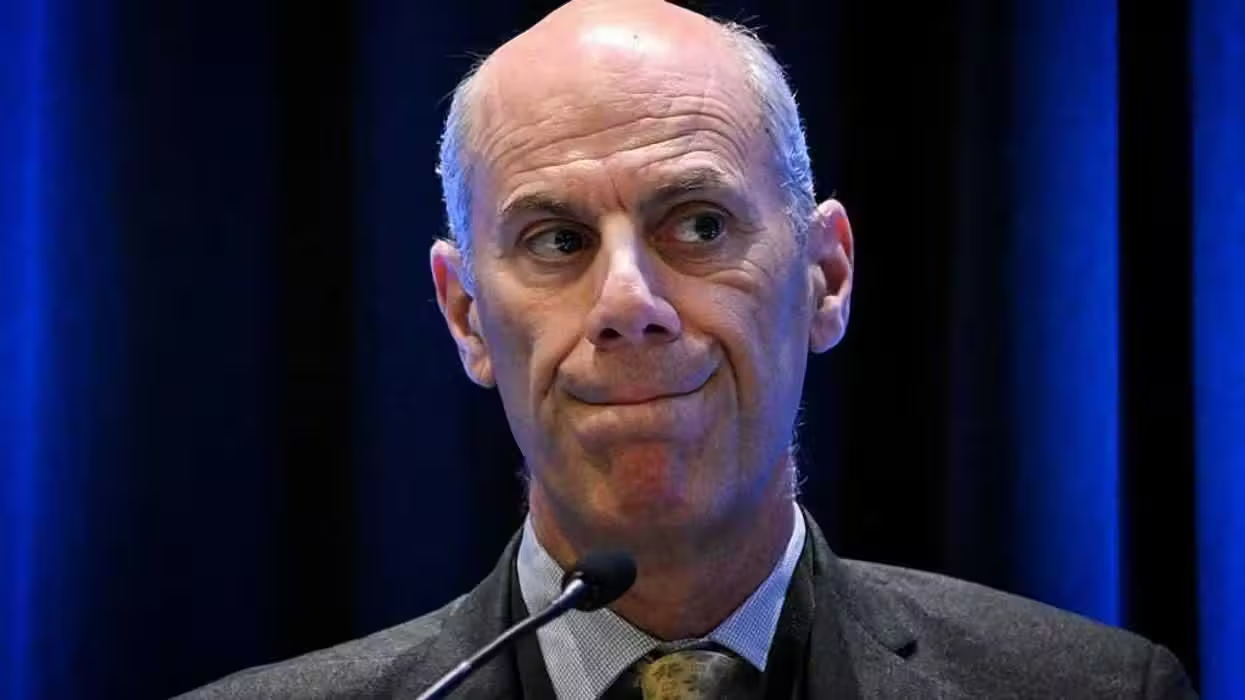 A Tunisian protester runs after police fired tear gas during a rally outside the Interior Ministry in Tunis after opposition leader and outspoken government critic Chokri Belaid was shot dead. The protesters amassed on Habib Bourguiba Avenue, the epicenter of the 2011 uprising that ousted then-President Zine el-Abidine Ben Ali. Fethi Belaid / AFP/Getty Images
A Tunisian protester runs after police fired tear gas during a rally outside the Interior Ministry in Tunis after opposition leader and outspoken government critic Chokri Belaid was shot dead. The protesters amassed on Habib Bourguiba Avenue, the epicenter of the 2011 uprising that ousted then-President Zine el-Abidine Ben Ali. Fethi Belaid / AFP/Getty Images
New violence broke out in Tunisia after a leading critic of the country’s Islamist rulers was gunned down at point blank range in front of his home Wednesday. In response to the killing, Prime Minister Hamadi Jebali announced he is dissolving the Islamist-led government and will form a new government made up of technocrats.
Secular opposition leader Chokri Belaid was shot four times as he was leaving his house in the capital Tunis Wednesday morning. His wife, Basma Belaid, told the French radio channel RTL that he was shot twice in the head, once in the neck and once in the heart.
Belaid’s family is blaming the ruling Islamist Ennahda party for his killing, calling it an effort to silence the opposition.
His brother, Abdel Majeed Belaid calls the killing "a clear message to Tunisians ... shut up, or we kill you." He added that his brother who was a fierce critic of the government had received death threats "for a long time" including a text message the day before he was killed.
Abdel Majeed Belaid tells Al Arabiya that the current regime is “worse” than the dictatorship that was toppled in the 2011 revolution. That’s a strong statement considering his slain brother had been imprisoned and tortured when President Zine El Abidine Ben Ali was still in power.
 Assassinated Tunisian opposition leader Chokri Belaid (Photo: Hassene Dridi / Associated Press / December 29, 2010)
Assassinated Tunisian opposition leader Chokri Belaid (Photo: Hassene Dridi / Associated Press / December 29, 2010)
"He died for the country. He died for democracy," his wife said. "He was threatened all the time."
Ennahda leader Rached Ghannouchi denies any involvement, telling Reuters, “Is it possible that the ruling party could carry out this assassination when it would disrupt investment and tourism?”
Ghannouchi also accused opposition figures of exploiting the assassination to stir up more unrest in the country where the “Arab Spring” revolutions began two years ago. He said, “Tunisia today is in the biggest political stalemate since the revolution. We should be quiet and not fall into a spiral of violence. We need unity more than ever.”
But violence did erupt. Furious protesters poured into the streets in scenes reminiscent of the 2011 demonstrations that resulted in the Islamist rise to power. Demonstrators built barricades and clashed with police, who in turn arrested numerous protesters.
 People protect themselves from tear gas during clashes between Tunisian police and protesters following a rally outside the Interior ministry in Tunis after opposition leader and outspoken government critic Chokri Belaid was shot dead. Photographer: Fethi Belaid/AFP via Getty Images
People protect themselves from tear gas during clashes between Tunisian police and protesters following a rally outside the Interior ministry in Tunis after opposition leader and outspoken government critic Chokri Belaid was shot dead. Photographer: Fethi Belaid/AFP via Getty Images
Here’s how CNN described the scenes:
Video showed outraged protesters filling the Avenue Habib Bourguiba in Tunis and pouring into the streets of other Tunisian cities. Some of them revived the iconic slogan of their revolution, crying: "The people want to topple the regime."
Angry clashes broke out in front of Tunisia's Interior Ministry, where police used tear gas to disperse the protesters. Sympathizers not interested in politics also turned out to mourn the popular public figure and express their shock about the violence that has marred the country's heated -- but otherwise previously peaceful -- public debate.
Prime Minister Hamadi Jebali, himself an Islamist and head of the moderate religious party Ennahda, quickly condemned the bloodletting on state television. By Wednesday night, Jebali had sacked his Cabinet and called for new elections, leaving himself at the head of a caretaker government.
"Belaid was killed, but the real target behind the assassination is the Tunisian revolution as a whole," Jebali said of his political adversary. "He represented the true values of dialogue, respecting and embracing others in rejecting violence. This is a political assassination."
State Department spokeswoman Victoria Nuland said, "There is no justification for an outrageous and cowardly act of violence like this."
"There's no place in the new Tunisia for violence. We urge the government of Tunisia to conduct a fair, transparent and professional investigation to ensure the perpetrators are brought to justice, consistent with Tunisian and international law," she added.
Belaid, a 48-year-old lawyer, represented not only his secular party, the Democratic Patriots, but also spoke for the Popular Front, a larger coalition of secular opposition parties. He was known for his criticism of the Islamist Ennahda party and for speaking out against political violence, accusing the government of not doing enough to combat the violence of radical Islamists who have targeted art exhibitions which they deemed un-Islamic.
In the October 2011 elections, Ennahda won 42 percent of seats and formed a coalition government with two secular parties. But the government has so far not answered the Tunisians’ desire for an improved standard of living.
The government has also accused Al-Qaeda-linked militants for stockpiling weapons with the hopes of one day establishing a more hardline Islamic state. Police say they can’t stop the smuggling of weapons from neighboring Libya to domestic radicals.
AP provides more detail on the militant Islamist threat:
With the fall of the country's secular dictatorship, however, hardline Islamist groups also have flourished and there were a string of attacks by ultraconservative Muslims known as Salafis against arts, culture and people they deemed to be impious.
In the last few months, there also have appeared the Leagues to Protect the Revolution, groups that say they are fighting corruption and seeking out remnants of the Ben Ali regime.
In practice, opposition leaders such as Belaid said the leagues became Ennahda-backed goon squads that attacked opposition rallies. Last weekend saw a string of attacks against such meetings, including a rally held by Belaid's Popular Front in northern Tunisia.
Middle East expert Barry Rubin, Director, Global Research in International Affairs (GLORIA) Center, warns it would be unwise to underestimate just how significant Belaid’s killing is. He tells TheBlaze:
Destroying the left will be the first strategy of the Islamists. Remember that in Tunisia, where two moderate parties were willing to try working with the Muslim Brotherhood, Belaid was the most important politician in the country who said “no” and warned--just as we have--that the Islamists were determined to create a dictatorship.
I suspect that the Salafists, not the Brotherhood, committed this murder. But that's the point: the Salafists are the shock troops for the Brotherhood, which uses them to attack oppositionists, secularists, moderates, churches, and women who seek equality. Many people will miss the point that Belaid is the second opposition leader killed in the last three months in Tunisia, a country which takes pride in its relative civility and where the "Arab Spring" began…
There is no government or established order yet in Tunisia. There's only been an interim regime to draw up the Constitution and prepare for elections. Eliminating Belaid destroys the man who would have been the most outspoken opponent of the Islamists when Tunisia goes to the polls and he might have been strong enough to organize a non-Islamist government. In other words, they've eliminated their number-one barrier to running the country. And as we've seen in Lebanon, Islamists often win elections by killing off their rivals.
Prime Minister Hamadi Jebali’s announcement of a new government is being viewed as a major concession to the opposition which has been calling for a reshuffle of the Islamist-dominated government.
"This is a sad day that shook the country regardless of our differences," Jebali said in his televised address. "We are at a crossroads, and we will learn from it to make a peaceful Tunisia, secure and pluralist, where we may differ but not kill each other."
Watch the video report Al Jazeera posted Thursday morning on the aftermath of the assassination:








